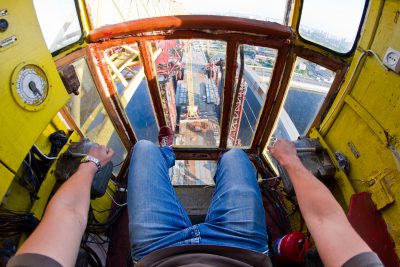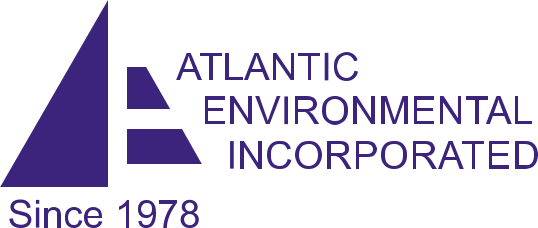
If you need safety & accident assistance as discussed in this article call us at 973-366-4660 or email us at info@atlenv.com for details and a free estimate.
Written by Henry P. Shotwell, Ph.D., CIH, Vice-President and Robert E. Sheriff MS, CIH, CSP, President
November 12, 2018
As human beings, we are all prone to making mistakes. But some mistakes can be made inevitable through poor process flow design, poor plant layout, little or no training, ignorance of proper procedures or deliberate “short cutting”, or by assigning a worker to a task for which they are either physically or mentally unsuited. Critical process controls that are unlabeled and clustered closely together are guaranteed to be operated incorrectly.
Mark Twain once wrote, “Man is a creature made at the end of the week…when God was tired,” suggesting that human beings are prone by nature to make mistakes. Trevor Kletz, in his book, “An Engineer’s View of Human Error, 2nd edition,” takes an interesting view of safety and accident causation. Mr. Kletz spent 38 years with Imperial Chemical Industries in various engineering positions. His review of accident reports dating from the 1920’s led him to some interesting conclusions. One of the ICI’s first safety officers wrote that after reading many accident reports, he had found that most of them were “due to human failing,” and therefore, we must persuade people to take more care. Since then, on both sides of the Atlantic, we have been urging people to do just that: be more careful. Accident reports show that as many as 90% of industrial accidents have been attributed to human error, indicating some failure on the part of the injured person or by a co-worker. This is great news for foremen, supervisors and managers, because it suggests that there is little or nothing they can do to stop most accidents. It also suggests that they are either not human, or don’t fail.
When preparing an accident report, to say that the cause was human error is not so much untrue as it is unhelpful, because it doesn’t lead to any constructive action; counseling the victim to be more careful doesn’t cut it. In order to correct and prevent the problem from happening again, it’s important to determine the root cause of the accident. It is also important not to place blame but to explore the myriad possibilities that led to the incident. Determining the cause of problems will almost always lead to intelligently improving process design, training, and the safety of the team.
Services consideration must be given to the fact that “human error” was due to some defraying in the organizations efforts to prevent accidents and injuries. If you look beyond the “human error” you will likely find that the person was not properly trained, the work is difficult physically to be performed, safety equipment was not provided or inadvertently, the person was not properly supervised, there was a clear and obvious philosophy that production comes first, there were previous “near misses” that if reported would have identified the problem and corrected the condition, human or equipment!
Atlantic Environmental’s staff of safety experts is well-versed in uncovering possible root causes of accidents that can lead to taking effective corrective actions. For more information, call us at 973-366-4660 or e-mail at info@atlenv.com.
Our primary service areas for Safety Services are: NJ, NY, NYC, PA, CT, DE, (Boston) MA, RI, Wash DC, WI, MD, MI, (Chicago) IL, VA, IN, (Atlanta) GA, AL, NC, SC, TN, (Dallas, Ft Worth) TX, OK, DC, AR, we can service most other areas of the U.S. but with some added travel charges.



